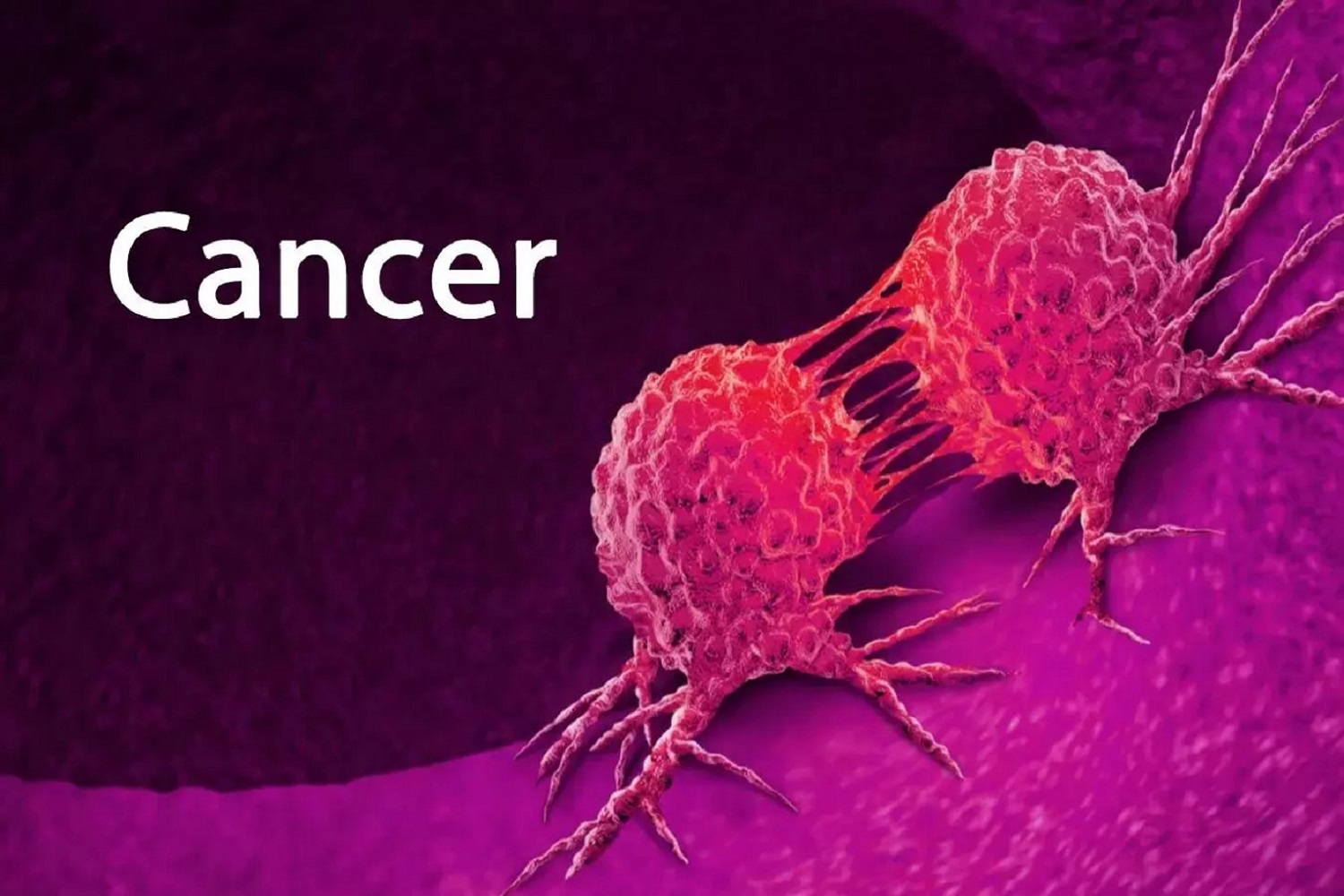-
Call: +91 6351045924
-
Email: osssh@yahoo.com
Head & Neck
Head & Neck
Head & Neck Cancer involves the production of numerous tumors or cancer cells in the region of neck and head. These cells can grow under the thin layer of tissues and even with other structures in head or neck. Commonly it affects throat, front or back of the head and neck as well. The reasons behind growth of these cells in any part of head or neck can be different.
Symptoms
Head & Neck Cancer can be an unaccounted guest sometimes. The symptoms include some painful and painless conditions as well. Therefore, any change in the body requires a specific attention and its treatment in time. The common symptoms to follow are there following:

- Sore or swelling that does not heal
- White or red patches in mouth
- A bum or mass production in the neck or head area with or without pain
- Continuous sore throat
- Foul mouth odor
- Change in voice
- Unusual nasal discharge or bleeding
- Difficulty in breathing
- Blur or double vision
- Continuous nasal congestion
- Numbness in the neck and head region
- Blood in saliva and mucus
- Loss of teeth
- Continuous fatigue
- Ear infections and pain
It is not necessary to face all these symptoms in case of cancer development but ignoring any of these symptoms can be dangerous. You should consult the doctor in case there are any issues you have having of similar nature.
Diagnosis and tests
Following the basic symptoms doctors has to be sure about the existence and growth of cancer cells in the body. It takes them to run a few tests to determine the existence and nature of these cells in actual. The very first scan is the imaging test. In the tests there is pictures taken of the body that shows any growth of cancer cells in the body. If the doctors find any of such cells, they move to the more authentic option of biopsy.
Biopsy is the sure way to find out about the cancer and its existence in a specific area of the biopsy. Doctors take a part of tissues from the body and run lab tests on it to find out about the cancer and its condition. In case, biopsy is not the option, there are other teats available that professionals can run in certain cases.
Treatments
Just like the types and stages of cancer, there are different options and clinical trials for the treatment available. Not all the options and treatments are favorable for all patients. Therefore, the team of professionals observes each case of multiple clinical trials and selects the best one. The doctors come up with the suggestions and explanation about these trials to each of the patient in order to come up with one specified solution.
The head and neck cancer specialists are commonly form a multidisciplinary team for each patient. There has to be an evaluation by every single doctor before getting start with the treatment. Every specialist and his or her evaluation about patient and treatment are essential to get start with final proceedings. In the team, there are professionals such as:
- Medical oncologist
- Radiation oncologist
- Surgical oncologist
- Maxillofacial prosthodontics
- Reconstructive surgeon
- Otolaryngologist
- Oncologic dentist or oral oncologist
- Oncology nurse
- Physical therapist
- Speech or language pathologist
- Audiologist
- Social worker
- Registered dietitian
- Psychiatrist
The whole team is responsible for every single part of the treatment that includes medicine, radiology, plastic surgery, diet, psychological helps, emotional support and much more. The combine efforts of cancer care team help a patient to deal with the chaos and survive in the fight for life.
Risks and benefits
Head & Neck Cancer can never be an easygoing disease for anyone. It is one of the hardest and crucial issues that lead to a number of risks for a person. Even during and after treatment patient may have to face issues with breathing, eating, speaking and much more. The cancer involves sensitive part of body that may involve brain and voice box at some point. Therefore, the treatment involves some risks along with the benefits.
In certain cases, some patients have to face issues with recovery. They may not be fully recovered from the cancer or have partial disability. It can affect their cognition, speech, breathing or other related functions of the body. While the treatment save their life and help them to recover completely with the help of supportive surgeries, therapies and extended sessions.
Recovery
Since cancer is one of the critical diseases that come forward with a number of challenges, so the recovery does have its own difficulties. Patients have to bear the physical, emotional, social and financial effects of disease that leads them to in a different state. Following these issues and problems, we make sure to provide enough support and strength to the patients.
During treatment of head and neck cancer, many patients have to face issues with their appetite or difficulty with eating. It causes them immense discomfort that leads to a next level of arrogance and other behavioral issues. Many patients are unable to talk or will have difficult speech issues lately even after recovery.
These things affect psychological and emotional state of the patient and require them to have some support in this regard. We are in contact with support groups for cancer patients who volunteer to work with such patients and help them in their recovery procedure along with treatment side effects.
Survivors Follow up
Survivorship is one of the critical and complicated stages in cancer recovery. It refers to the patient with no signs of cancer after treatment or the patients with a long going treatment. They have to undergo extended treatments in order to reduce the risk of reoccurrences. In the follow-up, it is necessary to keep the track of survivorship scenario.
We pay attention to keep a track of our survivor’s condition and follow-up. There are counselling sessions and emotional support for such people to ease their trauma and keep them out of stress zone. The fear of having another attack of cancer is one of the critical point for the patients in most of cases. Negligence towards their emotional and psychological state can lead to their psychological breakdown and other issues.





